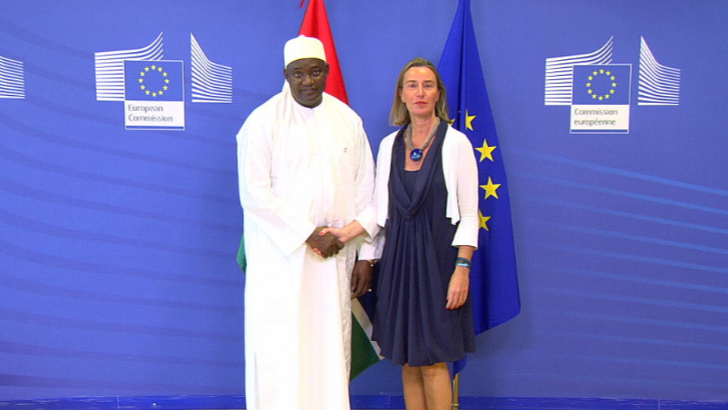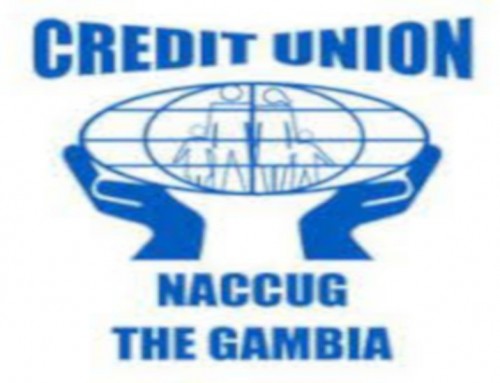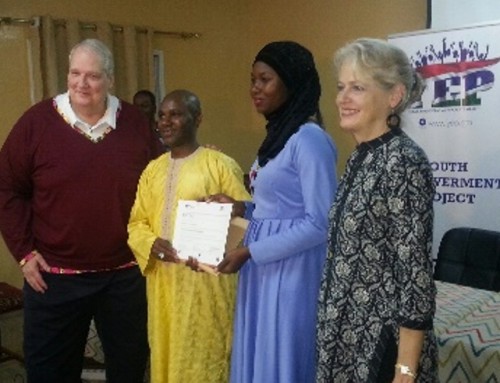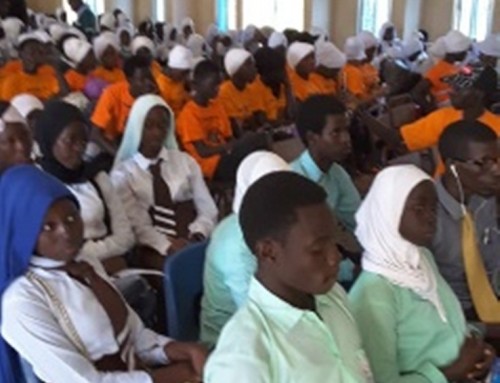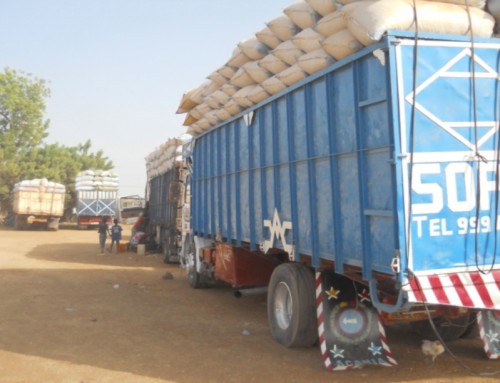
By Lamin Darboe
Mr President, the need for financial discipline is becoming existential. The government cannot afford to spend the massive grants it got from donors and well irresponsibly.
For The Gambia to succeed, it has to implement economic and financial discipline not only envisaging cutting waste across the board but inculcating a sense of pragmatism and financial prudence in all its functionaries.
From president to the teachers in the classrooms, waste, mismanagement and thievery of government resources should be accorded with stiff sanctions while mediocre should be detested and weeded out.
You should start with wasteful and non-value adding travel to non-value adding conferences just to extract by stealth, hefty per diems from government coffers. This needs to be given legislative and financial reform priority.
No nation achieved sustainable development by being dependent on grants.
All African nations that contracted huge loans and got grants from multilateral agencies like World Bank and IMF in the 1970s to the ’90s, and world powers like USA, Europe are virtually failed states in terms of socio-economic development. None ranked high in UN Human Development Index (HDI) rankings, in GDP growth rankings and other development parameters even though they got massive grants to finance various projects of great infrastructural significance. Why? Simply because if you don’t have the governance, legal and financial control structures in place to manage the resources of a nation efficiently, it will just be like throwing a sheep in the midst of hyenas.
Secondly, grants and loans alone have never been the panacea or antidote to creating development. Other ingredients like good leadership, good government and workforce are of vital importance but what I picked as a more powerful antidote is creating internal efficiency by cutting waste and putting in place a good tax system that provides internal reservoirs of wealth for the nation.
A country must have a good tax system to ensure everyone pays a fair share of national development funds to create opportunity for the government to provide basic amenities and infrastructures developments.
The system must be properly administered and seen to be fair. The leadership must put the revenue to good and tangible use because once people realise that their hard-earned monies are squandered by government officials, they will be reluctant to pay tax.
A new broaden tax regime
The ideas and recommendations promulgated here were orchestrated in my last articles and are paraphrased here verbatim for emphasis. First action is a proper and elaborate review of the Gambia tax system, evaluation of GRA in terms of human resources, IT systems and administrative competence.
The Finance Minister as a matter of urgency needs to institute a tax reform to broaden the tax base and assert more administrative controls.
Small businesses as I protested in my last article must provide a tax cuisine for the government in ways that does not burden them but is fair and proportionate.
How many small businesses ranging from shops to builders, tailors, welders, mechanics earn more than D100,000 per annum yet pay no tax? Is it fair for a teacher who earned less than D36,000 per annum to pay tax while a farmer who earns D100,000 from his cashew nut, mango, cassava, orange farm pays no taxes? What about the plethora of artisans, tradesmen and women who earn more than civil servants yet pay no business taxes for the simple reason that government fails to register them for tax.
The same goes for thousands of intricate and informally constituted small businesses owned by people from neighbouring countries who siphon their profits to their countries of origin without due regard to their tax obligations to the host country.
How many local bakeries, colanut tables, ngenda-njai do we have there whose annual income surpass police servicemen and women yet are not registered for tax?
How many Ghanaians, Sierra Leoneans and Nigerians provide expensive private tutorials and garner huge incomes for many years yet pay no tax to the state?
I saw an advert in which the GRA is encouraging registration for tax. It is a welcome development but it is not enough. There must be a legal framework that provides bases for compulsory registration and the need for providing annual company accounts or self-assessment returns.
The GRA should also re-examine the capital gains tax on land sales. Most land sales, especially at community level, are completed at the alkalo’s domain and the title changes hands without attracting any CGT at that level. It’s only when people want to register their land and the title changes reach government bureaucracy that CGT is applied. The last two decades witnessed the emergence of communal land sales to estate developers which can run into millions of dalasis. Government needs to review these sales to determine whether the right amount of taxes was paid.
What about fishermen who in a day can score thousands of dalasis and perhaps hundreds of thousands in a year? Are they properly registered as self-employed or registered as small businesses. All these require re-examination.
The ubiquitous taxies that ply the roads in every nook and cranny of Serekunda; the gelé-gelés and truck drivers who transport sand and gravel to construction sites, are they registered for tax with the thousands if not hundreds of thousands of dalasis they earn in a year? GRA can link annual licence renewals to providing annual accounts or tax returns.
There must be a nationwide campaign to sensitise potential taxpayers the need for swift registration and the associated sanctions. There must be an IT infrastructure to provide complete and effective tax administration and online communications just like UK HMRC does.
The current TIN number system is a good attempt and need to be associated will self-assessment of personal tax.
If there is a proper tax system that registers all small businesses and individuals as self-employed, there is a great job creation potential for accountants, IT technicians and even new graduates.
Mr President, take the bull by the horns and play the reform tune, encompassing the civil service and parastatals. Some parastatals have the same incompetent board of directors since time immemorial. They allowed staff to massacre vital funds of parastatals, hiding their loot as staff loans which remain unpaid for years. The board of SSHFC needs a complete revamp to bring in new blood of fresh and forward thinking members.
It is percipient for the president to attune himself to work with honest Gambians in the diaspora especially those who worked selflessly to bring about the changes.
They should not be seen as willing saboteurs but partners in development with an immense role to play. Their criticisms should be channelled positively by concentrating on the substance not the form.
Let the president appreciate fresh ideas and fresh people who are not tainted with Yahya’s past escapades and useless economic and financial adventurism, a myopic paradigm premised on prodigious and ill-conceived projects to project power than to institute meaningful changes to better the lives of the people.
Sir the position of the SG needs to be reviewed and made fit for this new dispensation. The SG should be apolitical and remain exclusively civil service in breath and reach. The political duties should be assigned to a new portfolio as in UK and USA.
You need a chief of staff whose remit of responsibility will encompass the management of State House and overseeing implementation of your policies and other political matters. Regimes come and go but the SG being civil must remain protected from the vagaries of political office. In other words, the office of the SG should exemplify continuity and focus of policies.
Mr President, take advantage of the rich reservoir of diasporan expertise scattered in the West.
Conclusion
No nation can afford to franchise its development to external donors and powerful political countries like USA, UK or China. These countries have responsibilities to their own people and since colonial time, they have consistently sought to dominate less developed countries economically and politically. They have a coherent strategy of global economic domination based on tried and tested penetration strategic model. They are not interested in our development because they know if we become industrialised and developed like them, we are going to compete for markets.
Mr President, you need to be aware of this phenomenon and act shrewdly to avoid mortgaging the future of your country. You need to tap internal sources of revenue by cutting waste and broadening the tax base.
The author, a Gambian, works and lives in the English Midlands city of Leicester.
